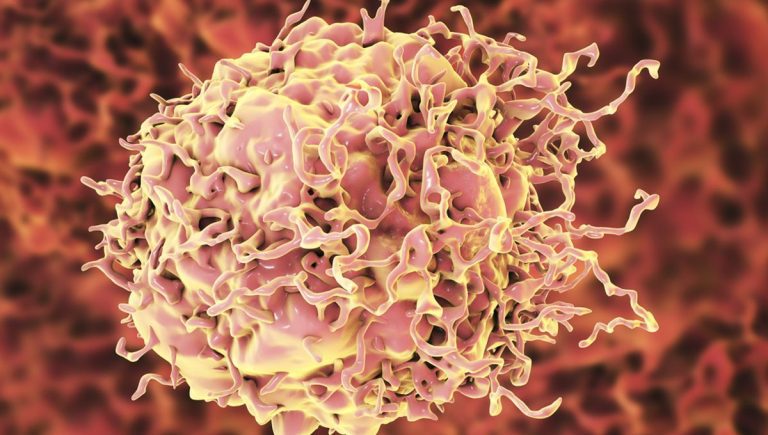Researchers have developed a revolutionary new technology that can transform certain cancer cells into a state resembling normal cells without killing them. This approach represents not only a new way to potentially treat cancer, but also a way to avoid the side effects produced by other treatments and the risk of resistance.
Cancer reversion, which causes cancer cells to regress to their differentiated, non-malignant state, has been proposed for some time as a potentially novel therapeutic approach. Cancer cells are often “undifferentiated”, meaning they lose the specialized characteristics of normal cells.
Through a process of reinducing the expression of genes associated with differentiation, which are usually mutated or “turned off” in cancer cells, it might be possible to reactivate them and restore their normal function or even obtain “trans-differentiation”, whereby cancer cells are differentiated into completely different cell types (for example, breast cancer cells redirected to more specialized liver cells).
Previous research has demonstrated the reversion of cancer cells associated with myeloid leukemia, breast cancer and hepatocellular carcinoma – a type of liver cancer. However, there has been no systematic identification of so-called “master regulators” – specific genes or proteins that control the differentiation process – that induce this type of differentiation/trans-differentiation. This is an important step, because by identifying these master regulators, scientists will then be able to manipulate cancer cells and reprogram them to become non-cancerous cells, thus offering alternative or complementary treatments.
In their latest study, a research team led by Professor Kwang-Hyun Cho, from the Department of Biotechnology and Brain Engineering at the Korea Advanced Institute of Science and Technology (KAIST), presented a new technology capable of efficiently converting colon cancer cells into colon cancer cells. normal cells.
The team focused on the observation that during the process of oncogenesis – the multi-step process in which normal cells transform into cancer cells – normal cells regress along their differentiation trajectory. This allowed them to develop technology that constructs a digital twin of the genetic network associated with the cell’s normal differentiation trajectory. Thanks to this simulation, they were able to systematically identify the main molecular switches that induce normal differentiation.
When these switches were applied to colon cancer cells, the cells returned to a normal state. These results were then confirmed by molecular and cellular experiments carried out on animal subjects.
This work shows that cancer cell reversion can be achieved by creating and analyzing digital twins of the cancer cell gene network. This approach creates a more systematic way of moving forward, rather than relying on serendipitous discoveries. It is possible that this discovery will lead to new reversible cancer therapies that can be used on various types of cancer cells.
“The fact that cancer cells can be converted back into normal cells is an astonishing phenomenon. This study proves that such reversion can be systematically induced,” Kwang-Hyun Cho explained in a press release. statement.
“This research introduces the novel concept of reversible cancer treatment by transforming cancer cells into normal cells. It also develops fundamental technology to identify targets for cancer reversion through the systematic analysis of normal cell differentiation trajectories.”
The document is published in Advancing science.


